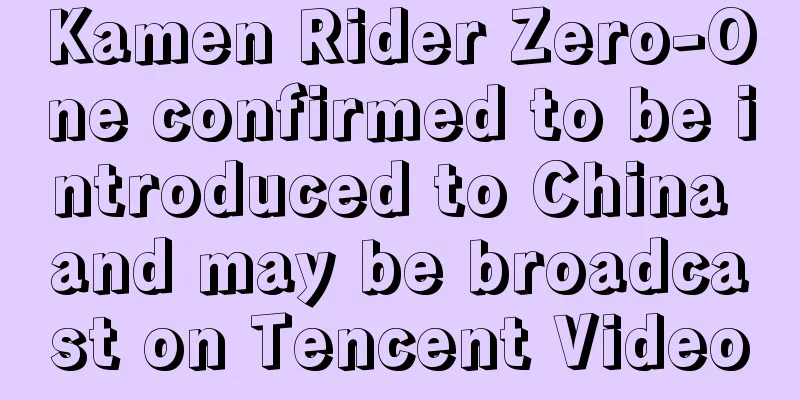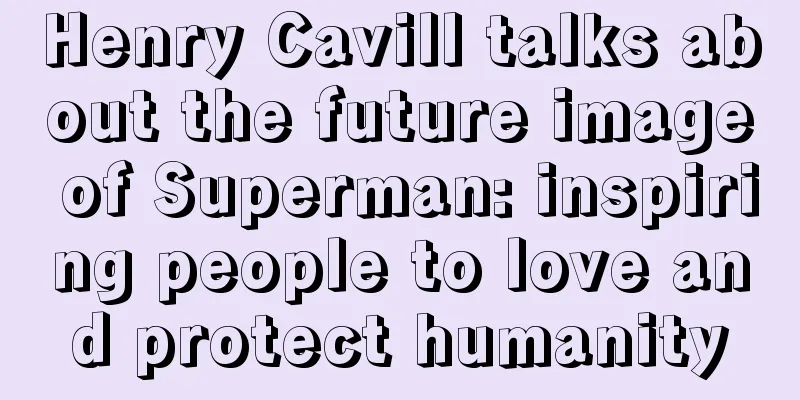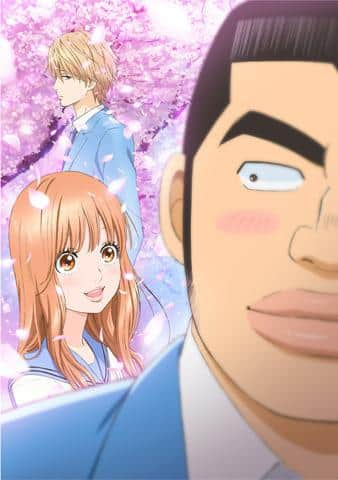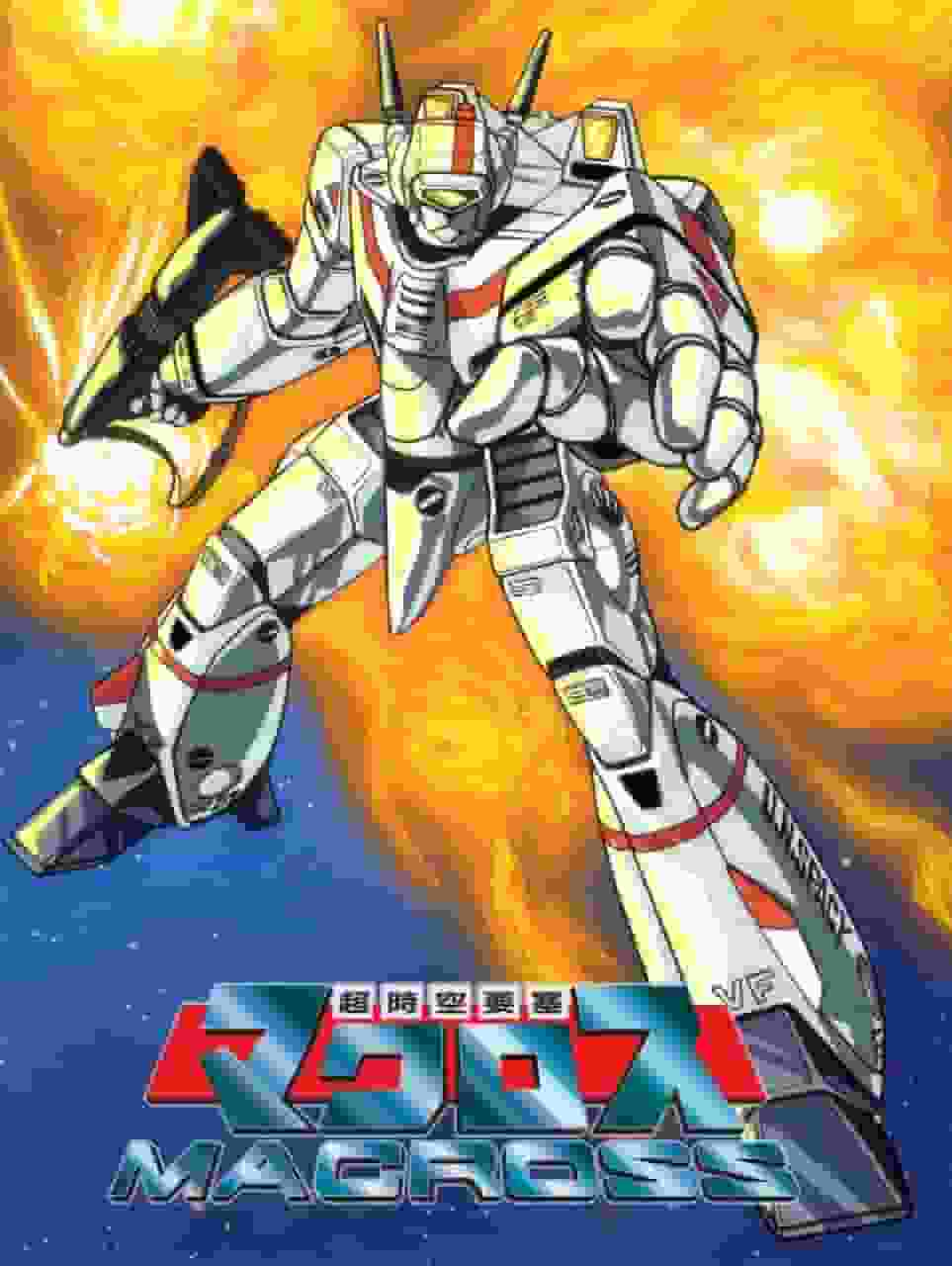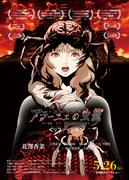The appeal and reputation of Whale Catcher: A thorough explanation of the moving story and visual beauty

"Kujiratori": The charm and profound message of Studio Ghibli's animated short filmIntroductionStudio Ghibli has captivated audiences around the world with its beautiful visuals and profound storytelling. The short animated film "Kujira Tori" (Whale Catcher), released in 2001, is one such example, depicting director Hayao Miyazaki's unique perspective and the pure hearts of children. In this article, we will delve deeper into the details of "Kujira Tori", including its production background, story analysis, and its appeal and message. We will also compare it with other Ghibli works and recommend it to viewers. Overview
story■ Story Shigeru attends Tulip Nursery School. Main Staff■ Main staff・Original story: "Iyaiyaen" by Rieko Nakagawa (published by Fukuinkan Shoten) Background"The Whale Hunter" is a short animated film released by Studio Ghibli in 2001 and directed by Hayao Miyazaki. The film aims to depict friendship and growth through children's play. It is based on Nakagawa Rieko's picture book "Iyaiyaen" and the original illustrations are by Omura Yuriko. Based on this original work, Hayao Miyazaki has depicted the world from the perspective of children. The entire Studio Ghibli staff worked together on this production. In particular, the gentle melodies of music composer Nomi Yuji enhanced the atmosphere of the film. The teamwork of director animator Inamura Takeshi, art director Hirahara Sayaka, and animators Yuasa Masaaki and Hashimoto Shinji also contributed to the film's perfection. Story AnalysisThe story of "Whale Catching" is told from the perspective of Shigeru, a boy who attends Tulip Nursery School. When Shigeru sees the older boys in the Star Class building a boat out of building blocks, he wants to join them. However, he is not accepted and is troubled. When he finally completes the boat, he names it "Elephant and Lionmaru" and sets off to catch whales. This story depicts friendship and growth through children's play. The world seen from Shigeru-kun's point of view is pure and beautiful, and the emotions of children are depicted realistically. The conflict of not being accepted by the group and the joy of finally going on an adventure together symbolize the children's growth. Visuals and MusicThe visuals of "Whale Catcher" highlight Studio Ghibli's beautiful drawing techniques. In particular, the ship made of building blocks and the expressions of the children are drawn with great attention to detail. The colors and lighting in the background also realistically recreate the world as seen from the children's perspective. The music was composed by Yuji Nomi, and its gentle melodies enhance the atmosphere of the work. In particular, the music in the adventure scenes expresses the emotions of the children. The music and visuals work together to deepen the worldview of the work. Message and ThemeThe theme of "Whale Catcher" is to depict friendship and growth through children's play. In particular, the world seen from Shigeru's point of view is pure and beautiful, and the story depicts the emotions of children realistically. Also, the conflict of not being accepted by the group and the joy of finally going on an adventure with the group symbolize the growth of children. This work teaches children the importance of friendship and the joy of going on adventures with friends. It also contains a message that reminds adults of their childhood by depicting the beauty and purity of the world seen from a child's perspective. Comparison with other Ghibli filmsStudio Ghibli's works are known for their beautiful visuals and profound storytelling. Whale Catcher is one of them, and its appeal stands out even when compared to other Ghibli works. For example, My Neighbor Totoro and Spirited Away also depict the world from the perspective of children, but Whale Catcher focuses on friendship and growth through children's play. The short film format of "The Whale Hunter" gives it a different appeal from other Ghibli works. By realistically depicting the emotional movements of children in a short period of time, it leaves a strong impression on the audience. Furthermore, the unique perspective of director Hayao Miyazaki and the beautiful animation techniques of Studio Ghibli combine to deepen the worldview of the work. Recommendation points for viewers"The Whale Hunter" is a work that teaches children the importance of friendship and the joy of adventuring with friends. It also contains a message that reminds adults of their childhood. In particular, it leaves a strong impression on the audience by depicting the beauty and purity of the world seen from a child's perspective. This is a film that is perfect for the whole family to watch together. Children can empathize with the world seen through Shigeru's eyes and learn the importance of friendship and growth. Adults can also remember the heart of a child and be reminded of the importance of keeping a pure heart. In addition, Studio Ghibli's beautiful visuals and Yuji Nomi's gentle music also enhance the appeal of the film. By realistically depicting the emotional movements of children in a short time, it leaves a strong impression on the audience. Please watch "Whale Catcher" with your family and friends and feel its charm and message. Conclusion"The Whale Hunter" is a short animated film released by Studio Ghibli in 2001, which depicts director Hayao Miyazaki's unique perspective and the pure hearts of children. The film aims to depict friendship and growth through children's play, and realistically depicts the beauty and purity of the world as seen through Shigeru-kun's perspective. Studio Ghibli's beautiful visuals and Yuji Nomi's gentle music also enhance the film's appeal. This film conveys to children the importance of friendship and the joy of adventuring with friends, while also containing a message that reminds adults of their childhood. It is perfect for watching with the whole family, as children can learn the importance of friendship and growth, and adults can reaffirm the importance of maintaining a pure heart. Please watch "Whale Catcher" with your family and friends and experience its charm and message. |
>>: The appeal and reviews of Suma Anime: What are the works you can't miss?
Recommend
Beijing Universal Studios will open on September 20. Ticket prices have not yet been announced.
Today (August 30), according to the official Weib...
Review of "I'm an Angel, You're a Devil": A fascinating story of angels and demons
I'm an angel, you're a devil Overview &qu...
Martin is also short of money. Leo's "Killers of the Flower Moon" has a 200 million budget that scares Paramount
According to foreign media reports, the budget of...
The original author of "Shanghai Fortress" apologizes: I have failed to live up to your expectations
Following the apology from Teng Huatao, the direc...
Venom's global success means it will be harder for Spider-Man to return to Marvel
According to foreign media reports, although the ...
The appeal and evaluation of "Kaminari Boy Pikkali Bee": A new standard for children's animation
The appeal of "Kaminari Boy Pikkali Bee"...
There is no Avengers 5 in the new plan. Marvel said that the fourth phase is the beginning
Last weekend, Marvel officially announced their f...
The new sequel to "The Prince of Tennis" animation is confirmed to be broadcast in 2024, and the LOGO ban has been lifted
Today, June 4th, the official announced that the ...
Detailed review and evaluation of Terra Formars OVA Bugs No. 2 Part 1
Terra Formars OVA Bugs No. 2 Part 1 - The terror ...
Tobey Maguire celebrates his 49th birthday and shows off his two children
Recently, Tobey Maguire, the most classic Spider-...
New stills of "I Am Groot" released and will be officially broadcast on August 10
Today (July 28), the Guardians of the Galaxy spin...
Marvel CEO once wanted to kill all six members of the original Avengers and put them in the incinerator
A new book about the behind-the-scenes stories of...
"Wonder Woman 2" new cover and stills revealed goddess fresh and sweet
Recently, "Wonder Woman 2" appeared on ...
The legend of the strongest swordsman Miyamoto Musashi! The latest trailer of the live-action movie "Musashi" is released
The live-action movie "Musashi", which ...
The concept map of the sci-fi blockbuster "Avatar 3: Fire and Ash" was first exposed: the new tribe appeared
The sci-fi blockbuster "Avatar 3: Fire and A...
